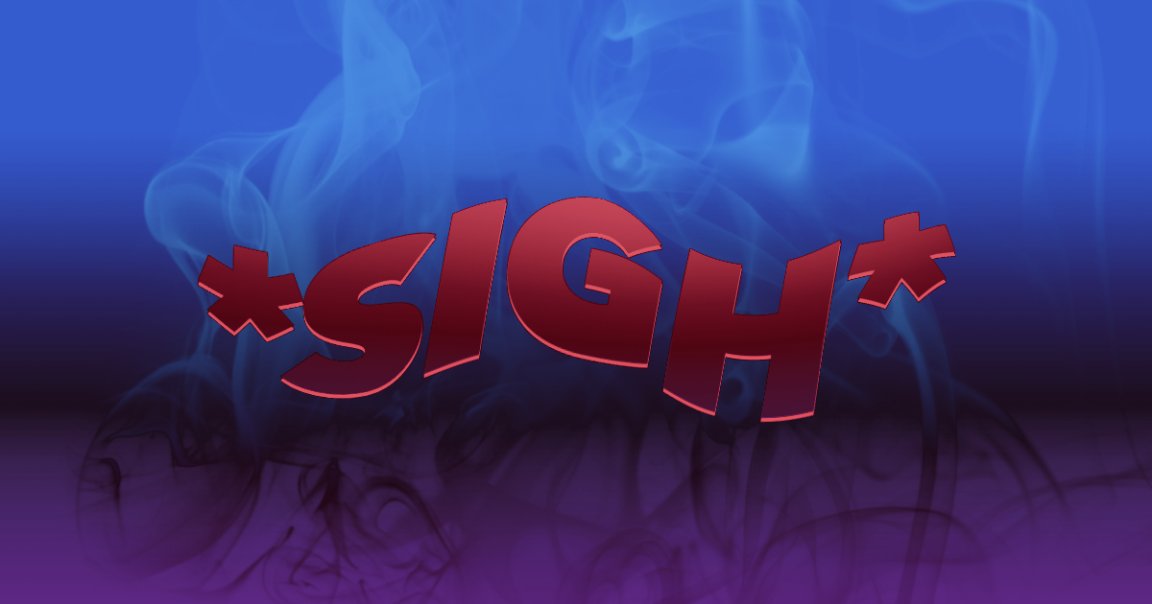
Diagnosing Depression
Depression can manifest with many different symptoms, from a “loss of energy” to “indecisiveness” — broad criteria that make the condition difficult to diagnose with a high degree of certainty.
Now, researchers at MIT’s Computer Science and Artificial Intelligence Laboratory are working on an algorithm that could eliminate some of that guesswork. They used text and audio data from 142 interviews with patients — 30 of whom had been diagnosed with depression — to teach a machine learning algorithm to listen for signs of depression in speech.
Tone of Voice
What makes this effort stand out is that the researchers examined the patients’ tone of voice, not just the specific words they used. That technique made the model surprisingly accurate: It was able to identify subjects who had been diagnosed with depression with a 77 percent success rate.
But before we go on and implement AI as a tool to diagnose mental disorders in the real world, we’ll have to take these results with a substantial grain of salt.
AI Therapy
While chatbots like Woebot have recently surfaced help people to deal with depression, they won’t be able to replace a human therapist, at least for the time being.
There are far too many variables, and while 77 percent sounds promising, a false positive could raise serious ethical concerns. For instance, AI diagnostic tools could fall into the wrong hands — like your employer or insurance company.
But the researchers are realistic about their machine learning model’s ability to detect depression. Rather than replacing human therapists, they see it as another tool in [a clinician’s] toolbox,” MIT researcher James Glass, who worked on the model, told Smithsonian.
READ MORE: Can Artificial Intelligence Detect Depression in a Person’s Voice? [Smithsonian]
More on treating depression: New App for Depression Uses Artificial Intelligence for Therapy Treatments